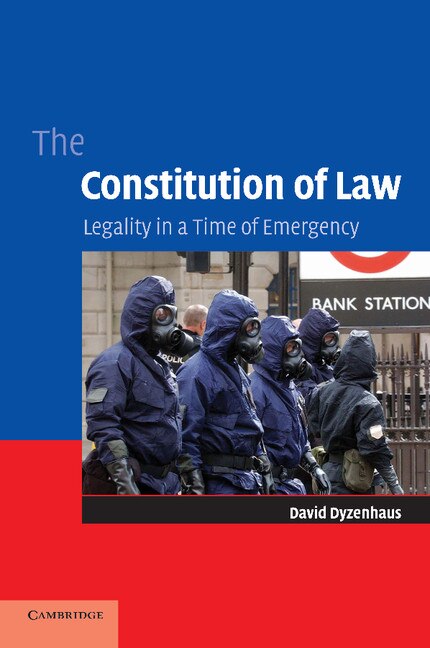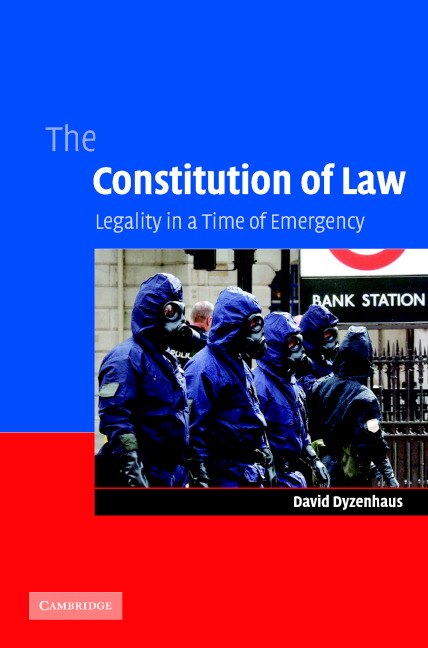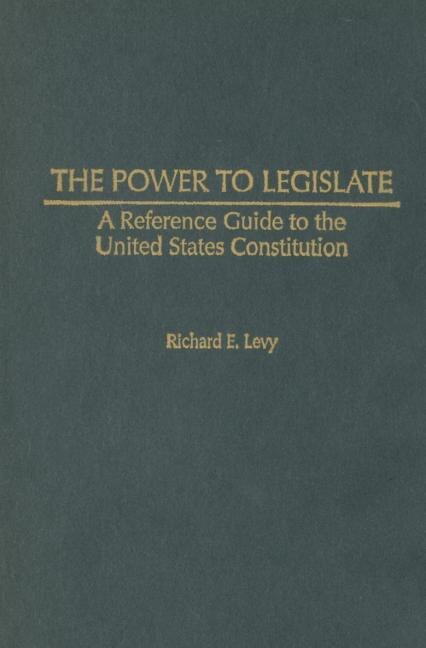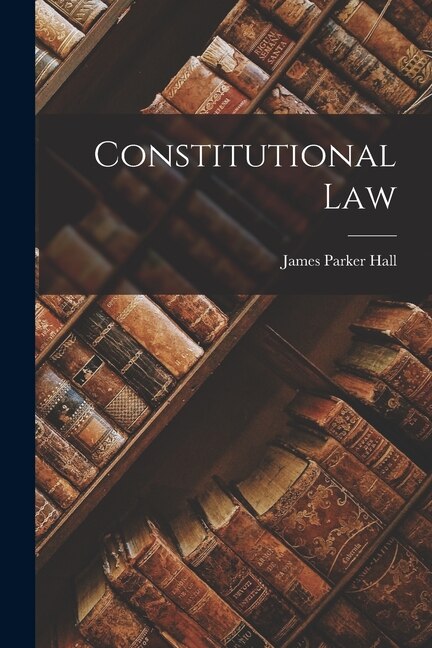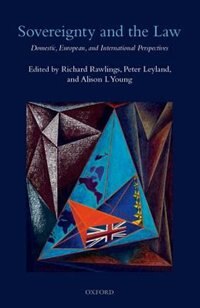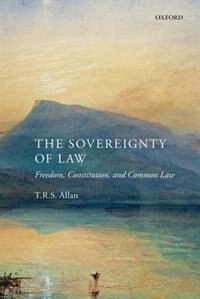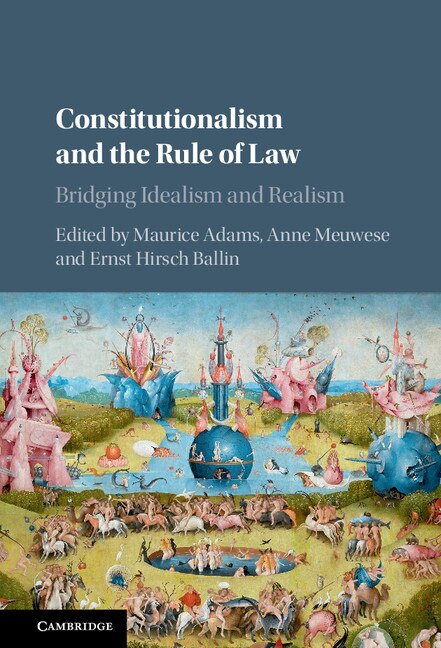Home
Constituent Power and the Law by Joel Colon-Rios, Hardcover | Indigo Chapters
Loading Inventory...
Indigo
Constituent Power and the Law by Joel Colon-Rios, Hardcover | Indigo Chapters
From Joel Colon-Rios
Current price: $119.95
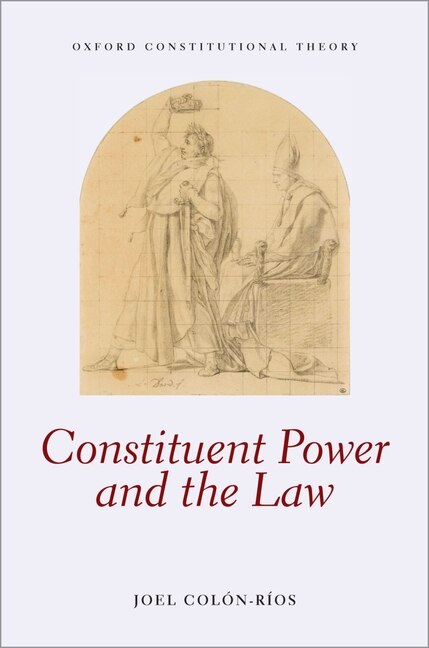

Indigo
Constituent Power and the Law by Joel Colon-Rios, Hardcover | Indigo Chapters
From Joel Colon-Rios
Current price: $119.95
Loading Inventory...
Size: 25.4 x 234 x 700
*Product information may vary - to confirm product availability, pricing, shipping and return information please contact Indigo
Constituent power is the power to create new constitutions. Since it is frequently exercised during or after political revolutions, it has been historically associated with extra-legality and violations of the established legal order. This book examines the relationship between constituentpower and the law and the place of constituent power in constitutional history, focusing on the legal and institutional implications that theorists, politicians, and judges have derived from it. Since the 18th and 19th centuries, commentators and citizens have relied on the concept of constituent power to defend the idea that electors have the right to instruct representatives, and that the creation of new constitutions must take place through extra-legislative entities, such as primaryassemblies open to all citizens. More recently, several Latin American constitutions explicitly incorporate the theory of constituent power and allow citizens, acting through popular initiative, to trigger constitution-making episodes that may result in the replacement of the entire constitutionalorder. Constitutional courts have employed constituent power to justify their jurisdiction to invalidate constitutional amendments that alter the fundamental structure of the constitution and thus amount to a constitution-making exercise. Some governments have reverted to it to defend the legality oftransforming the constitutional order through procedures not contemplated in the constitution's amendment rule, but considered participatory enough to be equivalent to "the people in action", and these attempts have sometimes been sanctioned by courts. Building on these findings, Constituent Power and the Law argues that the exercise of constituent power, unlike sovereignty, should be understood as ultimately based on a popular mandate to produce a particular type of legal content. In practice, this makes it possible for a constitution-making bodyto be understood as legally subject to the conditions arising from a constituent referendum. | Constituent Power and the Law by Joel Colon-Rios, Hardcover | Indigo Chapters


